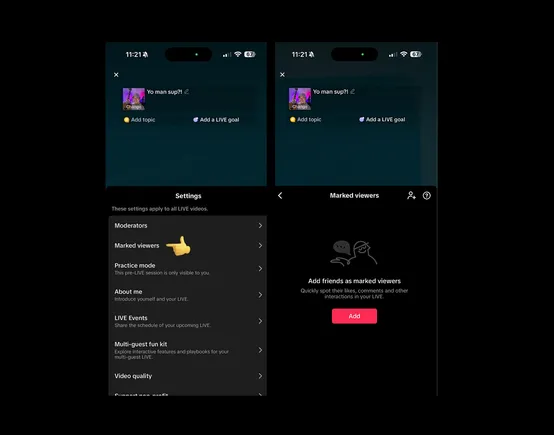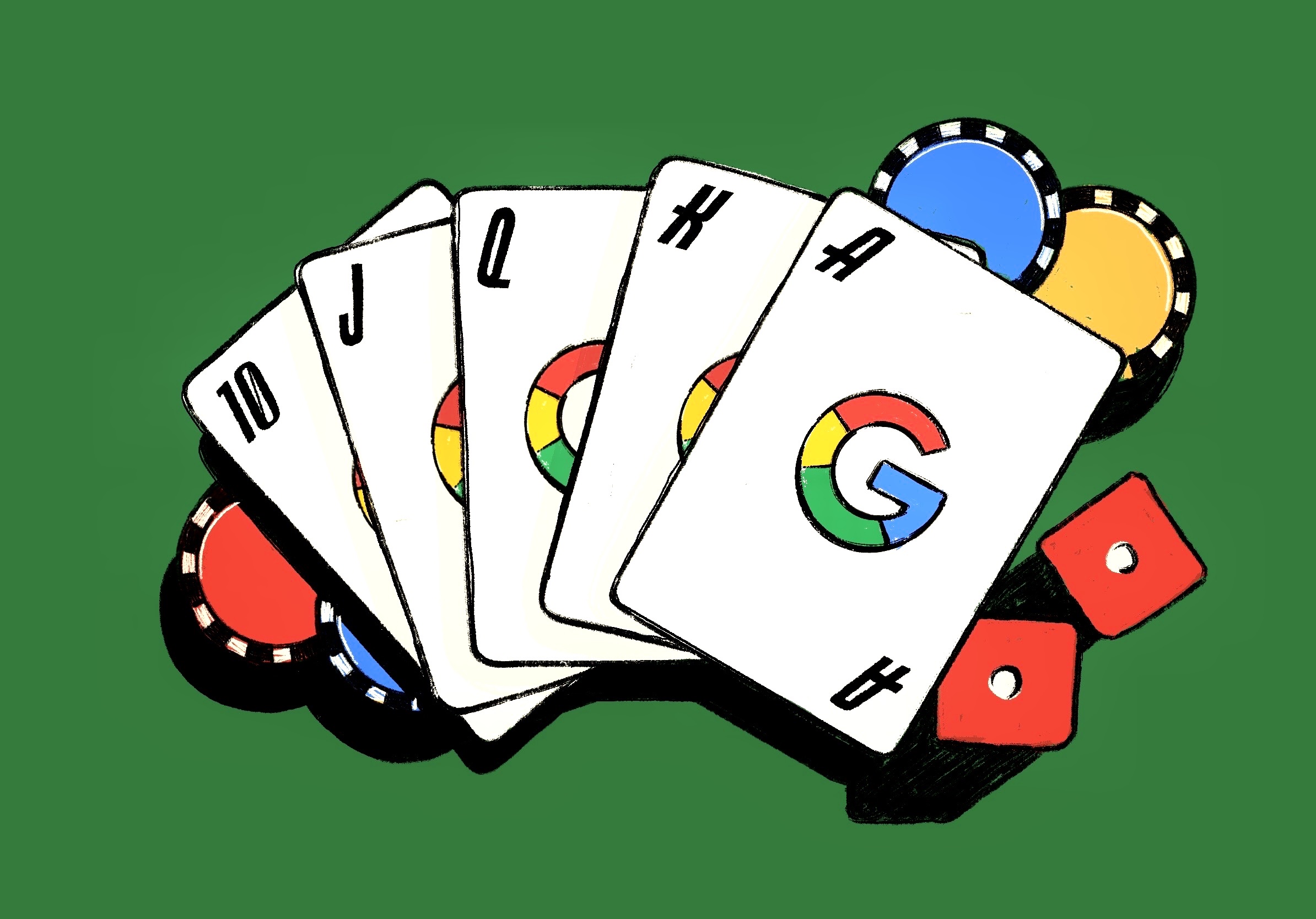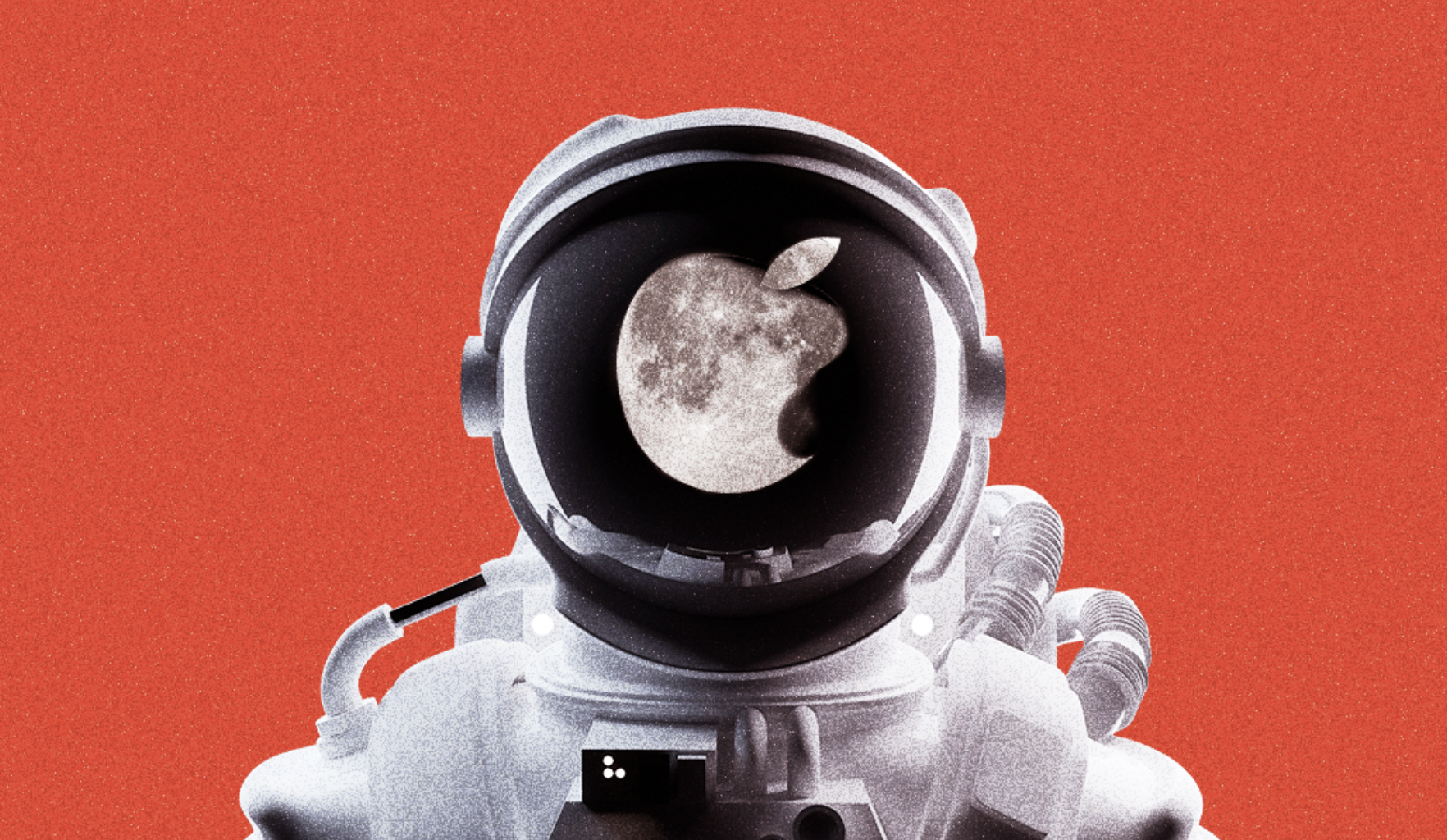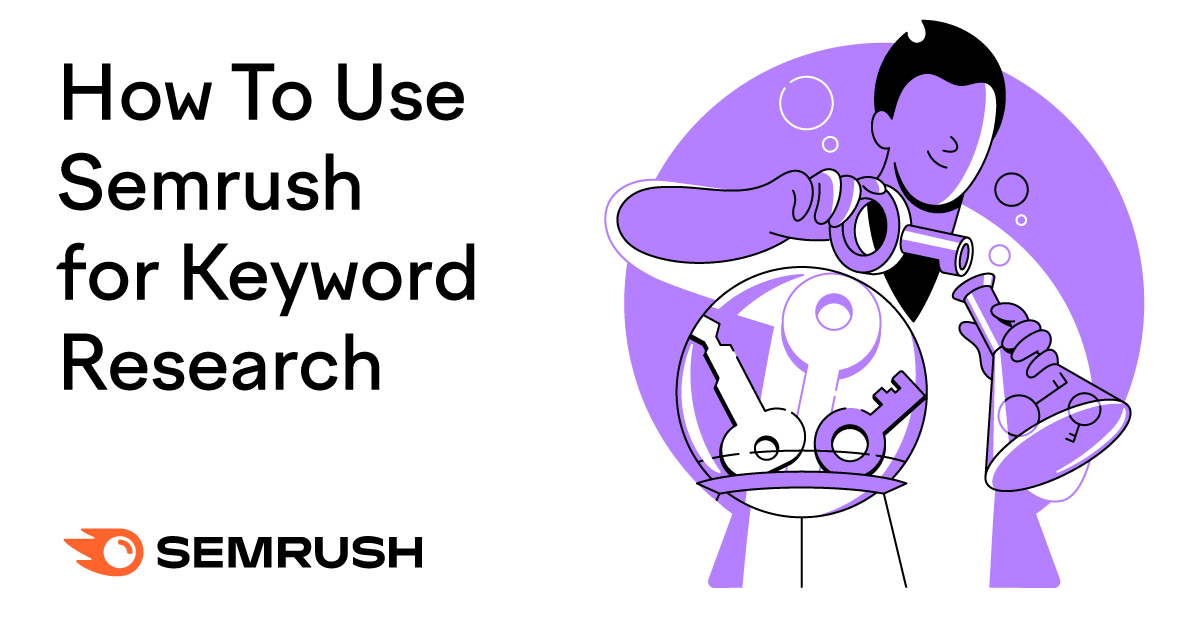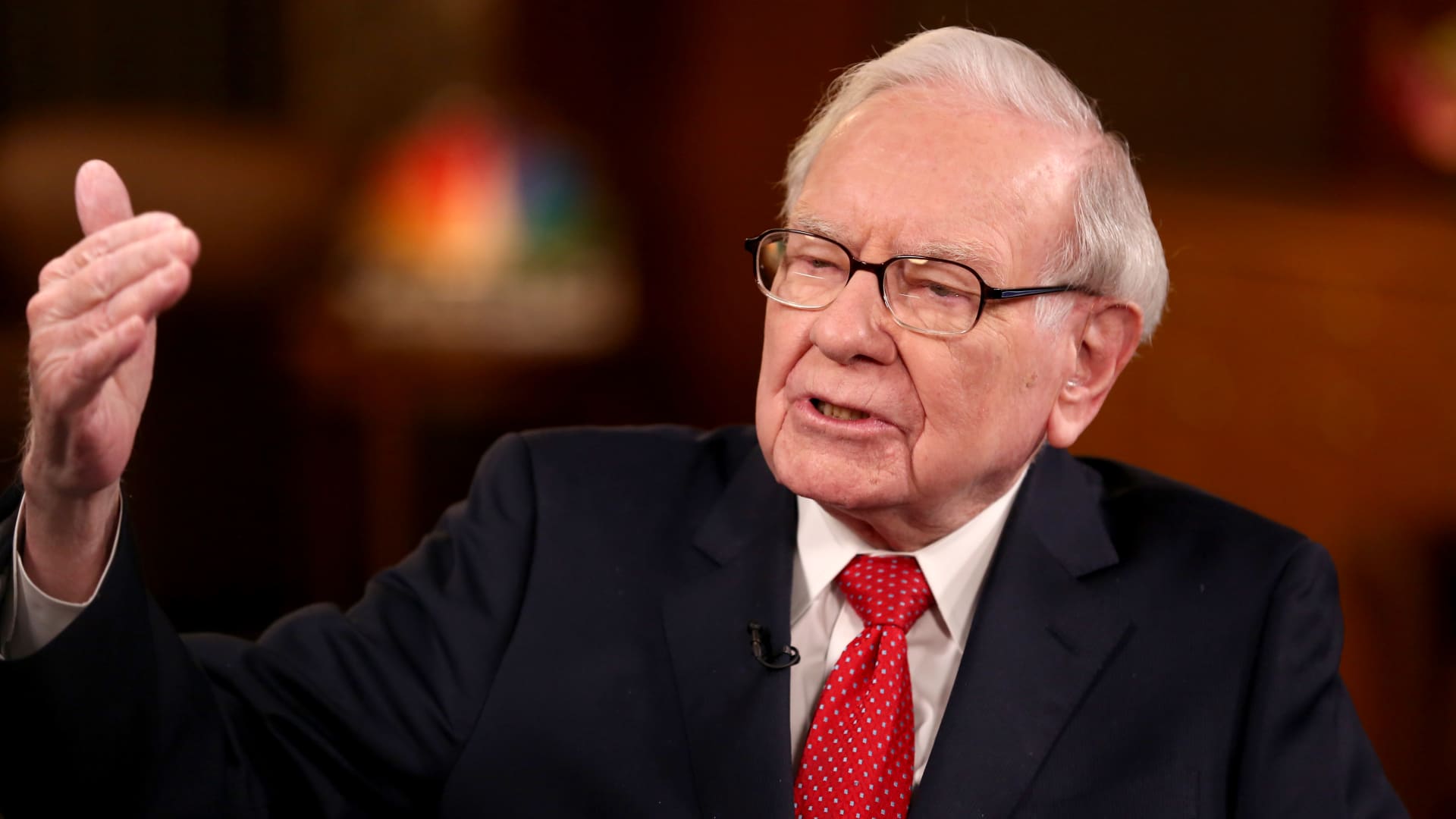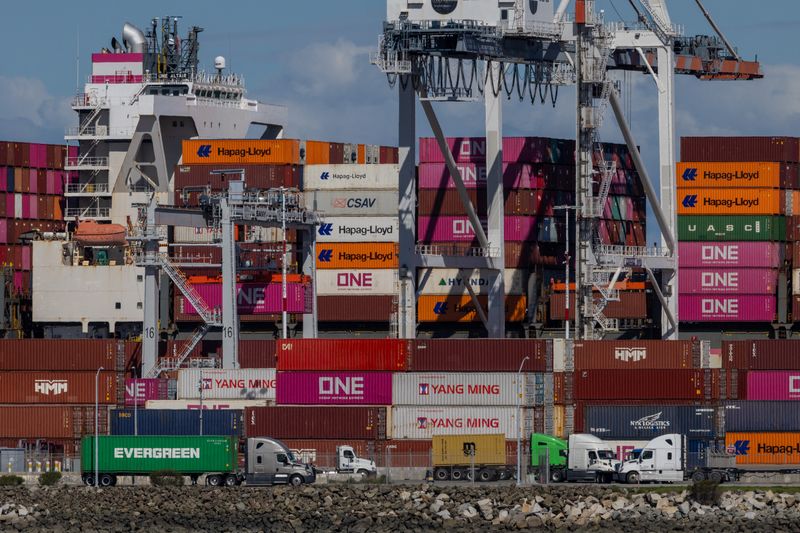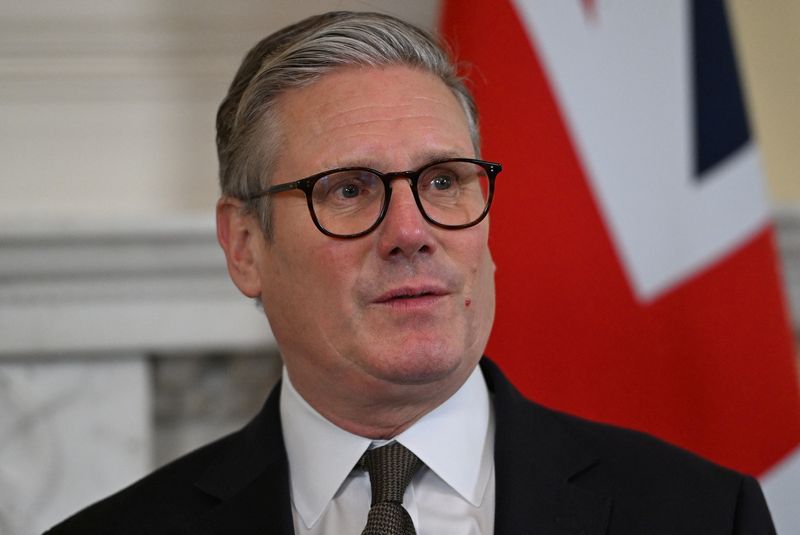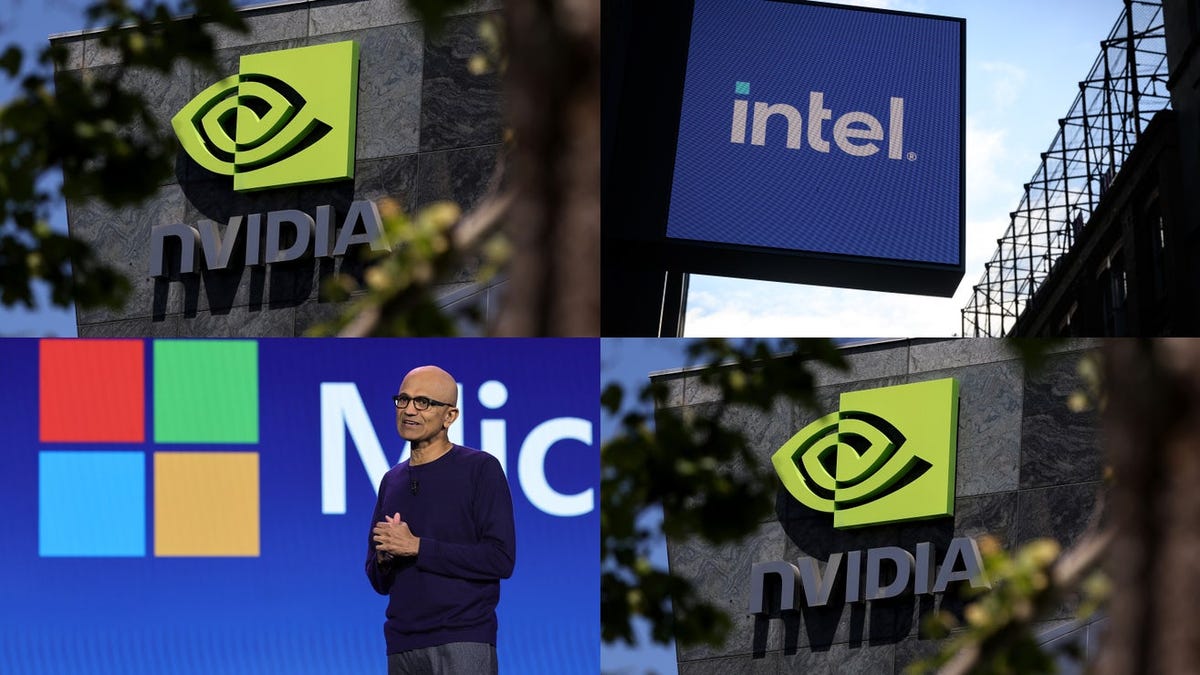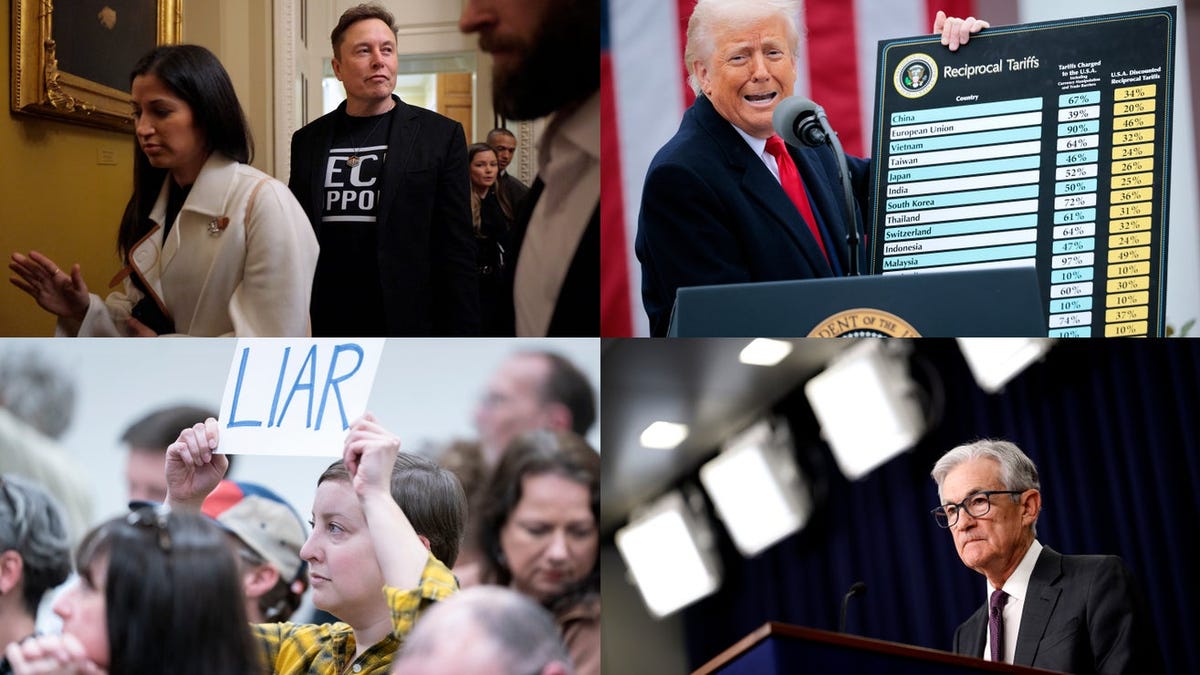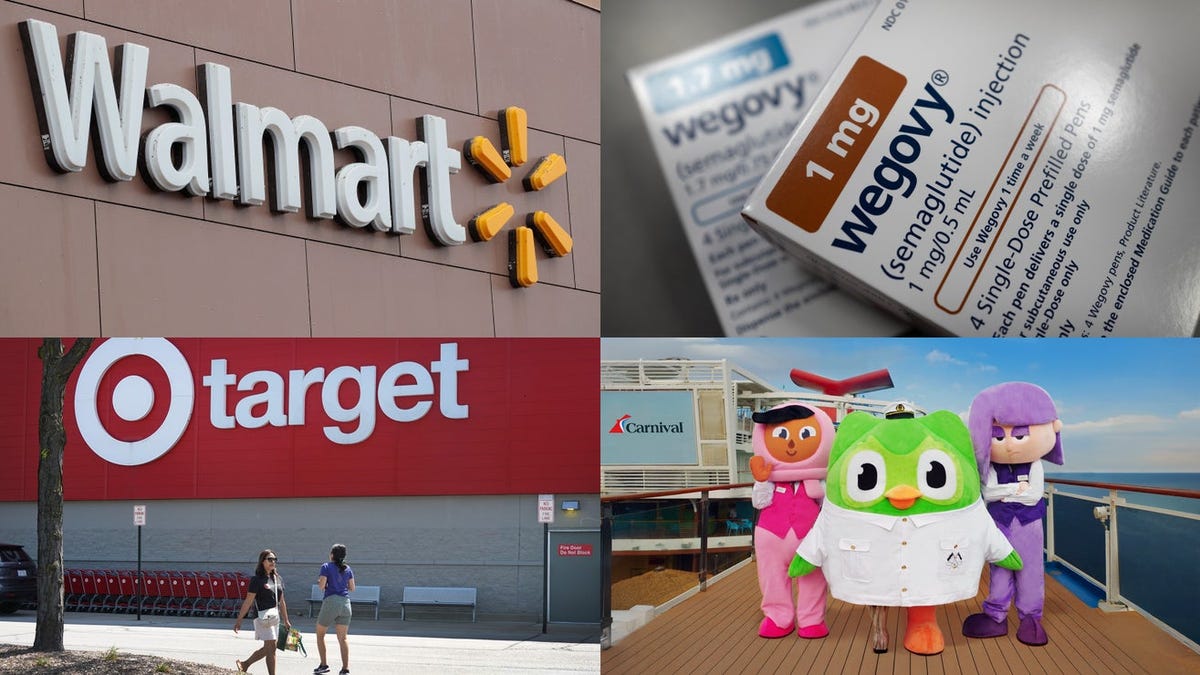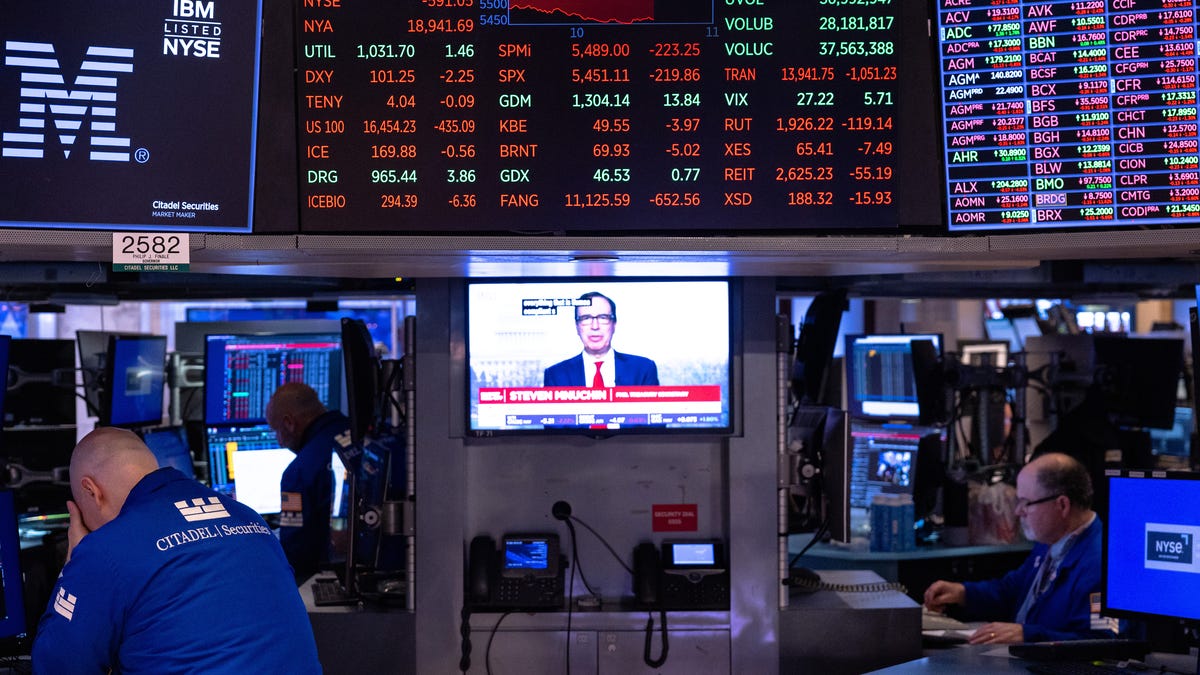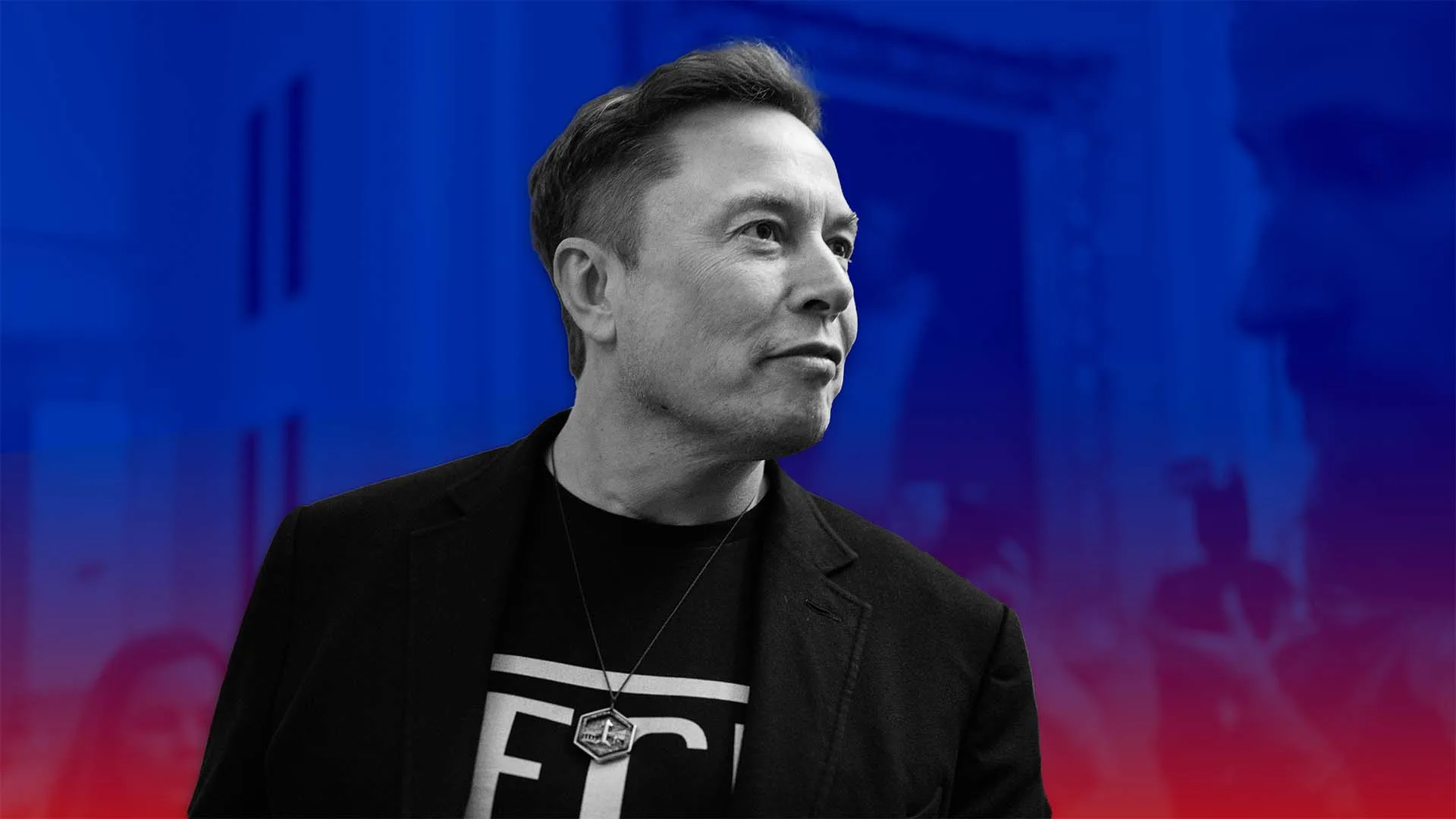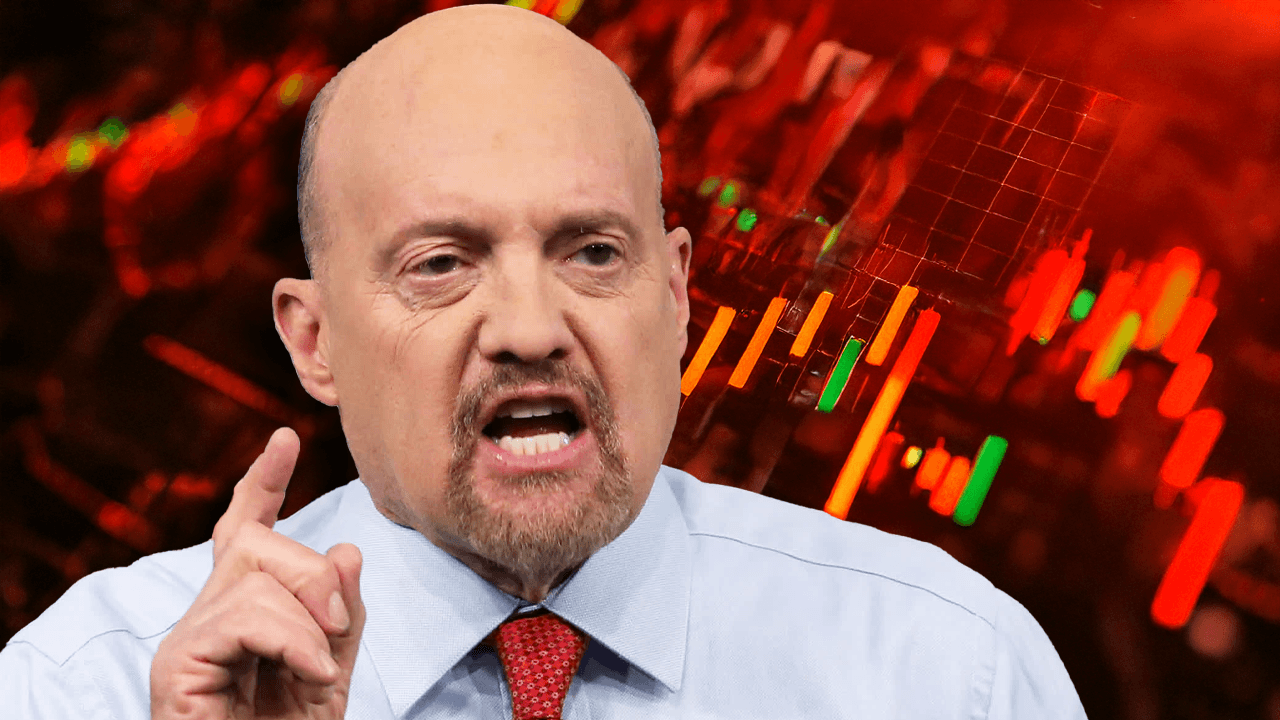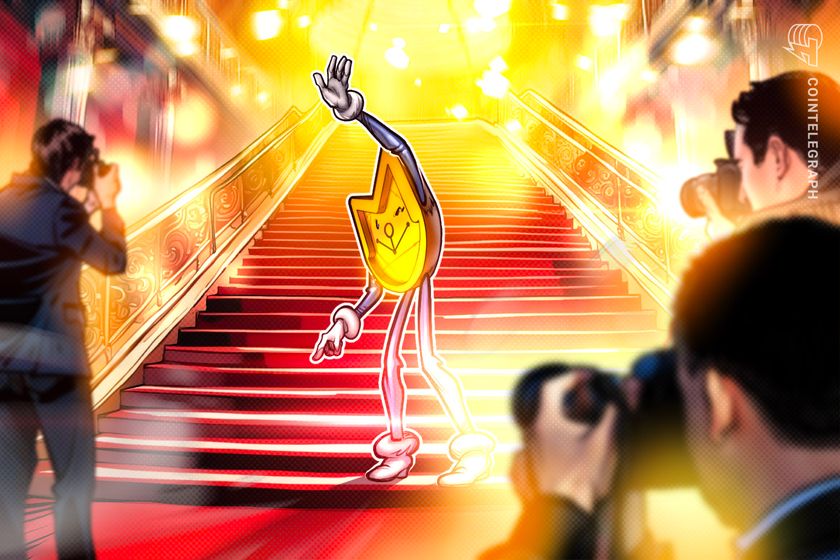Unpopular Opinion: If You Really Love Bitcoin, Don’t HODL—Spend and Replace
Bitcoin is one of the most revolutionary financial technologies of our time. Its promise is to decentralize wealth, eliminate the power of banks, and give individuals more control over their financial lives. But here’s a hot take: If you truly love Bitcoin and its potential, don’t just HODL—spend it and replace it. I know, I know. The “HODL” mantra is ingrained in Bitcoin culture. The idea of holding onto your Bitcoin for dear life, believing it will skyrocket in value as the years go on, is deeply rooted in the community. But I believe this strategy is not only flawed, but it could also be detrimental to the mass adoption of Bitcoin, and in some ways, it even plays into the hands of the banks. Let me explain why. HODLing Doesn’t Drive Bitcoin’s Utility Bitcoin’s true potential lies in its utility—not in its ability to just sit in a wallet. The primary purpose of Bitcoin was never to be an asset for speculation; it was designed to be a peer-to-peer electronic cash system (thank you, Satoshi). When you HODL your Bitcoin, you’re not using it to transact, to buy goods and services, or to empower the ecosystem. You’re hoarding it, treating it like a speculative investment rather than a means of exchange. For Bitcoin to fulfill its promise of being a decentralized currency that works outside the traditional financial system, it needs to be actively used in the real world. When you spend your Bitcoin, you contribute to that cycle of mass adoption. Every time you buy something with Bitcoin—whether it’s a coffee, a concert ticket, or a piece of art—you’re helping Bitcoin become more normalized. You’re showing the world that Bitcoin has practical value. This leads to greater merchant adoption, better liquidity, and more widespread acceptance, which will ultimately increase Bitcoin’s value in the long term. HODLing Is Inherently Deflationary—and That’s a Problem Bitcoin has a fixed supply of 21 million coins. HODLing further concentrates the supply in the hands of a small number of people or institutions. As fewer and fewer coins are being spent or used for transactions, the scarcity increases, which is often seen as a good thing from an investment perspective. However, this deflationary pressure can actually stifle Bitcoin’s usefulness as a currency. A deflationary currency encourages people to hoard, not spend. This is counterproductive when the goal is to replace traditional currencies. If everyone is just holding onto their Bitcoin in anticipation of future price increases, we end up with a system that’s difficult to use for day-to-day purchases and is far less efficient than the fiat system it seeks to replace. We’ve seen this phenomenon in action with people hoarding gold and other assets throughout history—deflationary systems create stagnant economies, because no one spends. Bitcoin needs to be used, not just hoarded. HODLing Supports the Banking System’s Agenda Here’s a bold thought: HODLing Bitcoin in the long term could actually be playing into the hands of the banks. If everyone hoards their Bitcoin and refuses to spend it, it effectively undermines Bitcoin’s utility in the broader financial ecosystem. The more people keep Bitcoin locked up in cold storage, the more it operates like a speculative investment, rather than a functional currency. This mindset leads to a speculative bubble, which benefits the same traditional financial structures that Bitcoin was supposed to disrupt. Banks thrive in speculative markets—they profit off volatility, and they control financial institutions that facilitate speculative investment. By refusing to use Bitcoin, you’re inadvertently allowing the financial system to continue benefiting from the investment-driven, speculative mindset that Bitcoin was designed to oppose. Bitcoin Should Be a Tool for Empowerment, Not Just a Store of Value The original ethos of Bitcoin was about empowering individuals, not just preserving wealth. It was about freeing people from the grip of central banks and giving them control over their own financial destinies. HODLing exclusively positions Bitcoin as a store of value (like digital gold), but that’s not all it should be. When we focus only on the store of value narrative, we miss out on what truly sets Bitcoin apart: its potential to be a transacting currency, not just an asset to lock away and hope will go up in value. By spending Bitcoin, we embrace its utility. We demonstrate that we’re not just holding it for speculation—we’re using it to live, to interact, and to participate in a global economy that’s becoming increasingly digitized and decentralized. This aligns more closely with the principles of freedom, autonomy, and economic justice that Bitcoin represents. Spending Bitcoin Builds the Ecosystem The more people spend Bitcoin, the more Bitcoin becomes ingrained in the economic and social fabric. It’s a self-fulfilling prophecy: the more transactions that occur with Bitcoin, the more businesses and individuals see its value, which
Bitcoin is one of the most revolutionary financial technologies of our time. Its promise is to decentralize wealth, eliminate the power of banks, and give individuals more control over their financial lives. But here’s a hot take: If you truly love Bitcoin and its potential, don’t just HODL—spend it and replace it.
I know, I know. The “HODL” mantra is ingrained in Bitcoin culture. The idea of holding onto your Bitcoin for dear life, believing it will skyrocket in value as the years go on, is deeply rooted in the community. But I believe this strategy is not only flawed, but it could also be detrimental to the mass adoption of Bitcoin, and in some ways, it even plays into the hands of the banks. Let me explain why.
HODLing Doesn’t Drive Bitcoin’s Utility Bitcoin’s true potential lies in its utility—not in its ability to just sit in a wallet. The primary purpose of Bitcoin was never to be an asset for speculation; it was designed to be a peer-to-peer electronic cash system (thank you, Satoshi). When you HODL your Bitcoin, you’re not using it to transact, to buy goods and services, or to empower the ecosystem. You’re hoarding it, treating it like a speculative investment rather than a means of exchange. For Bitcoin to fulfill its promise of being a decentralized currency that works outside the traditional financial system, it needs to be actively used in the real world. When you spend your Bitcoin, you contribute to that cycle of mass adoption. Every time you buy something with Bitcoin—whether it’s a coffee, a concert ticket, or a piece of art—you’re helping Bitcoin become more normalized. You’re showing the world that Bitcoin has practical value. This leads to greater merchant adoption, better liquidity, and more widespread acceptance, which will ultimately increase Bitcoin’s value in the long term.
HODLing Is Inherently Deflationary—and That’s a Problem Bitcoin has a fixed supply of 21 million coins. HODLing further concentrates the supply in the hands of a small number of people or institutions. As fewer and fewer coins are being spent or used for transactions, the scarcity increases, which is often seen as a good thing from an investment perspective. However, this deflationary pressure can actually stifle Bitcoin’s usefulness as a currency. A deflationary currency encourages people to hoard, not spend. This is counterproductive when the goal is to replace traditional currencies. If everyone is just holding onto their Bitcoin in anticipation of future price increases, we end up with a system that’s difficult to use for day-to-day purchases and is far less efficient than the fiat system it seeks to replace. We’ve seen this phenomenon in action with people hoarding gold and other assets throughout history—deflationary systems create stagnant economies, because no one spends. Bitcoin needs to be used, not just hoarded.
HODLing Supports the Banking System’s Agenda Here’s a bold thought: HODLing Bitcoin in the long term could actually be playing into the hands of the banks. If everyone hoards their Bitcoin and refuses to spend it, it effectively undermines Bitcoin’s utility in the broader financial ecosystem. The more people keep Bitcoin locked up in cold storage, the more it operates like a speculative investment, rather than a functional currency. This mindset leads to a speculative bubble, which benefits the same traditional financial structures that Bitcoin was supposed to disrupt. Banks thrive in speculative markets—they profit off volatility, and they control financial institutions that facilitate speculative investment. By refusing to use Bitcoin, you’re inadvertently allowing the financial system to continue benefiting from the investment-driven, speculative mindset that Bitcoin was designed to oppose.
Bitcoin Should Be a Tool for Empowerment, Not Just a Store of Value The original ethos of Bitcoin was about empowering individuals, not just preserving wealth. It was about freeing people from the grip of central banks and giving them control over their own financial destinies. HODLing exclusively positions Bitcoin as a store of value (like digital gold), but that’s not all it should be. When we focus only on the store of value narrative, we miss out on what truly sets Bitcoin apart: its potential to be a transacting currency, not just an asset to lock away and hope will go up in value. By spending Bitcoin, we embrace its utility. We demonstrate that we’re not just holding it for speculation—we’re using it to live, to interact, and to participate in a global economy that’s becoming increasingly digitized and decentralized. This aligns more closely with the principles of freedom, autonomy, and economic justice that Bitcoin represents.
Spending Bitcoin Builds the Ecosystem The more people spend Bitcoin, the more Bitcoin becomes ingrained in the economic and social fabric. It’s a self-fulfilling prophecy: the more transactions that occur with Bitcoin, the more businesses and individuals see its value, which in turn encourages others to spend it. This increases liquidity, decreases volatility, and brings us closer to the goal of mass adoption. But this doesn’t happen when everyone is just HODLing. It happens when we spend and replace—when we use our Bitcoin for goods and services, and then buy more Bitcoin with the money we would have spent on fiat.
Spend and Replace, Don’t HODL to the End Don’t get me wrong—I’m not saying you shouldn’t hold any Bitcoin as a store of value. But if we want Bitcoin to reach its full potential, we need to spend it and replace it. This is the only way we can drive the real-world adoption that will make Bitcoin a viable alternative to fiat currencies. By using Bitcoin, we encourage innovation, stimulate economic activity, and disrupt the banks—not by hoarding it and hoping for a speculative rise.
HODLing has its place, but if you really believe in Bitcoin’s mission, it’s time to shift gears. Spend your Bitcoin, support the community, and help bring about a future where Bitcoin is more than just an asset—it’s a currency that powers the world.
Bitcoin for the people, not just for the portfolio.
[link] [comments]



![How to Find Low-Competition Keywords with Semrush [Super Easy]](https://static.semrush.com/blog/uploads/media/73/62/7362f16fb9e460b6d58ccc09b4a048b6/how-to-find-low-competition-keywords-sm.png)
